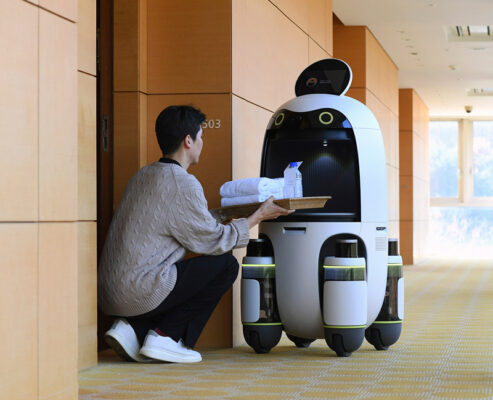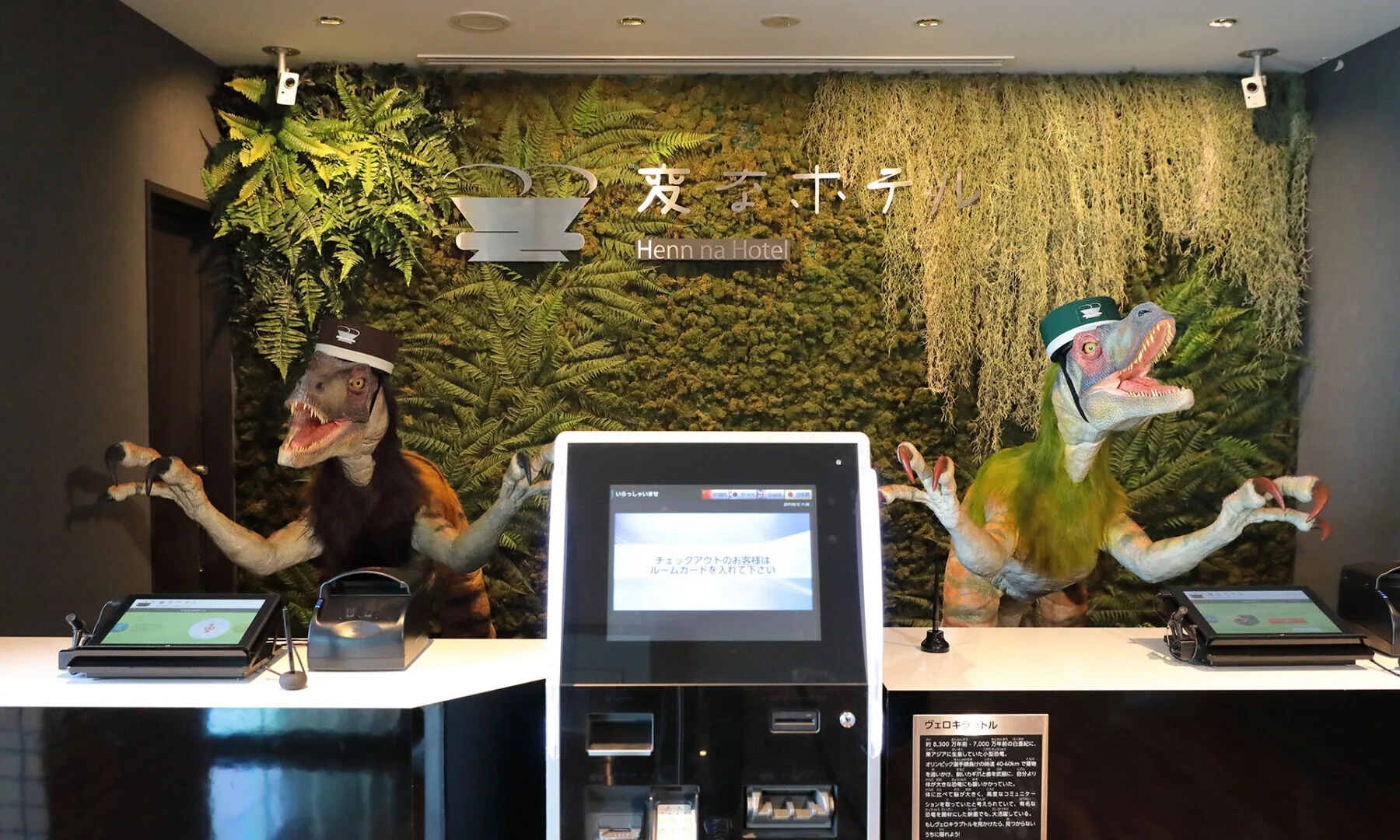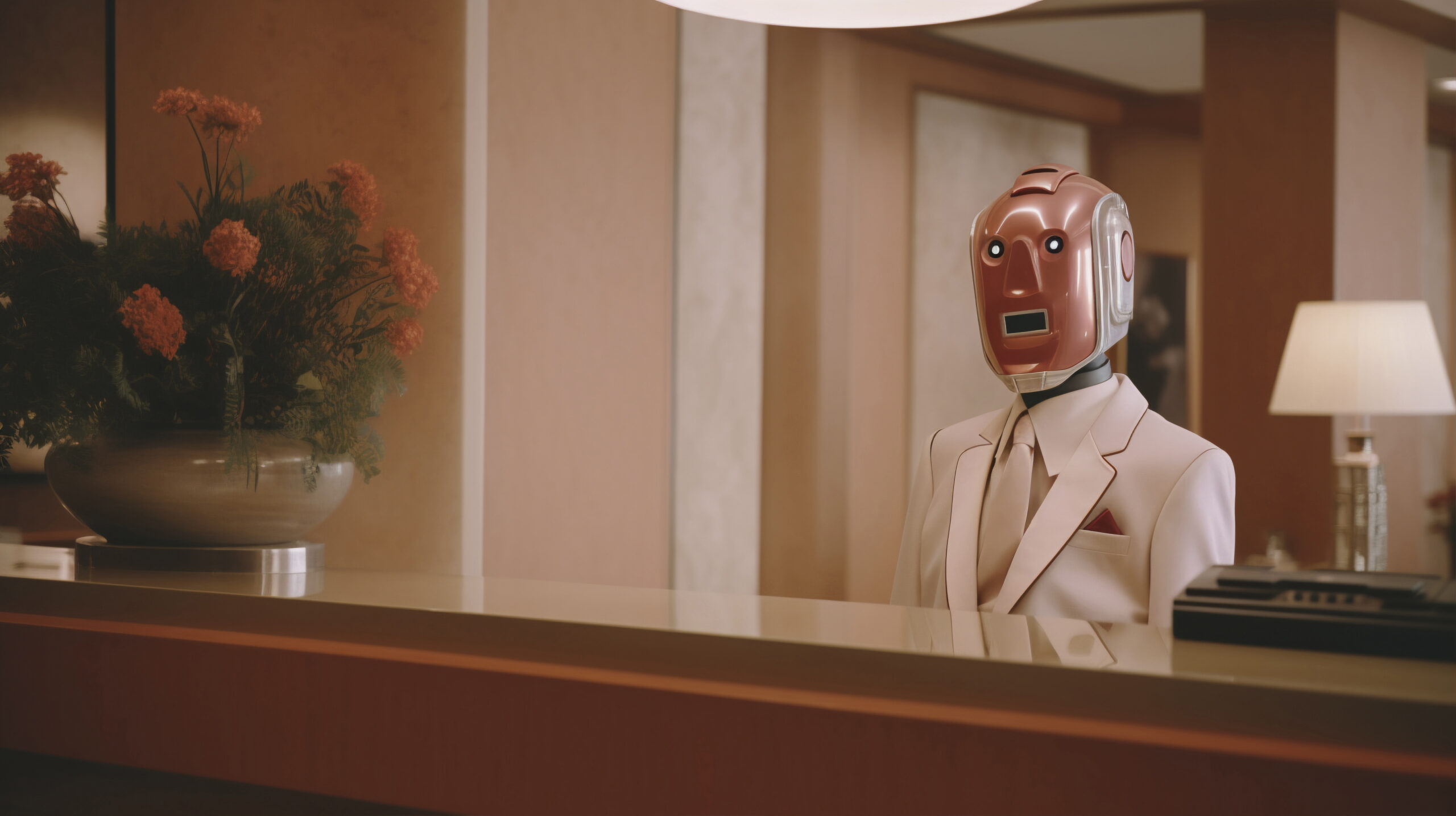Introduction
In today’s world, new technologies are rapidly transforming the hospitality industry. Smart hotels, by utilizing advanced technologies, have significantly changed the travel experience for guests. These changes not only provide greater comfort and convenience for travelers but also help hotels reduce costs and offer better services.
Artificial Intelligence Technology and Personalized Services
Artificial Intelligence (AI) technology enables hotels to personalize their services. By analyzing data related to guests’ behaviors and preferences, hotels can offer tailored recommendations. For example, if a guest has previously stayed in a specific type of room, the hotel can automatically suggest the same type of room for their next visit.
AI is also used in the guest service process. Chatbots and virtual assistants can answer guests’ questions, request room services, and even provide local guidance. This technology makes guests feel comfortable and special, enhancing their travel experience.
Smart Energy Management and Cost Reduction
Hotels can significantly reduce energy consumption by using smart energy systems. These systems automatically adjust lighting, temperature, and ventilation to align with guests’ presence or absence. For example, when a guest leaves their room, the system automatically adjusts the lights and temperature to reduce energy consumption.
This type of energy management not only helps reduce costs but also allows hotels to respect the environment. For this reason, smart hotels can be considered more sustainable options while simultaneously providing high-quality services to travelers.
Contactless Experience in Hotels
After the outbreak of contagious diseases, the contactless experience has become a priority for hotels. Using new technologies, hotels can provide their services without the need for physical contact. For example, guests can access their rooms and request room services using their smartphones.
Online reservation systems and digital payments have also contributed to this trend. These technologies not only provide greater security but also simplify the guest experience. As a result, guests can travel with greater peace of mind and enjoy their stay more fully.

Conclusion
Smart hotels, by leveraging modern technologies, have significantly transformed the travel experience. From personalized services using artificial intelligence to smart energy management and contactless experiences, these technologies have had positive impacts on the hospitality industry. It seems that the future of hotels is moving toward increased adoption of these technologies, which can lead to improved service quality and greater guest satisfaction.


